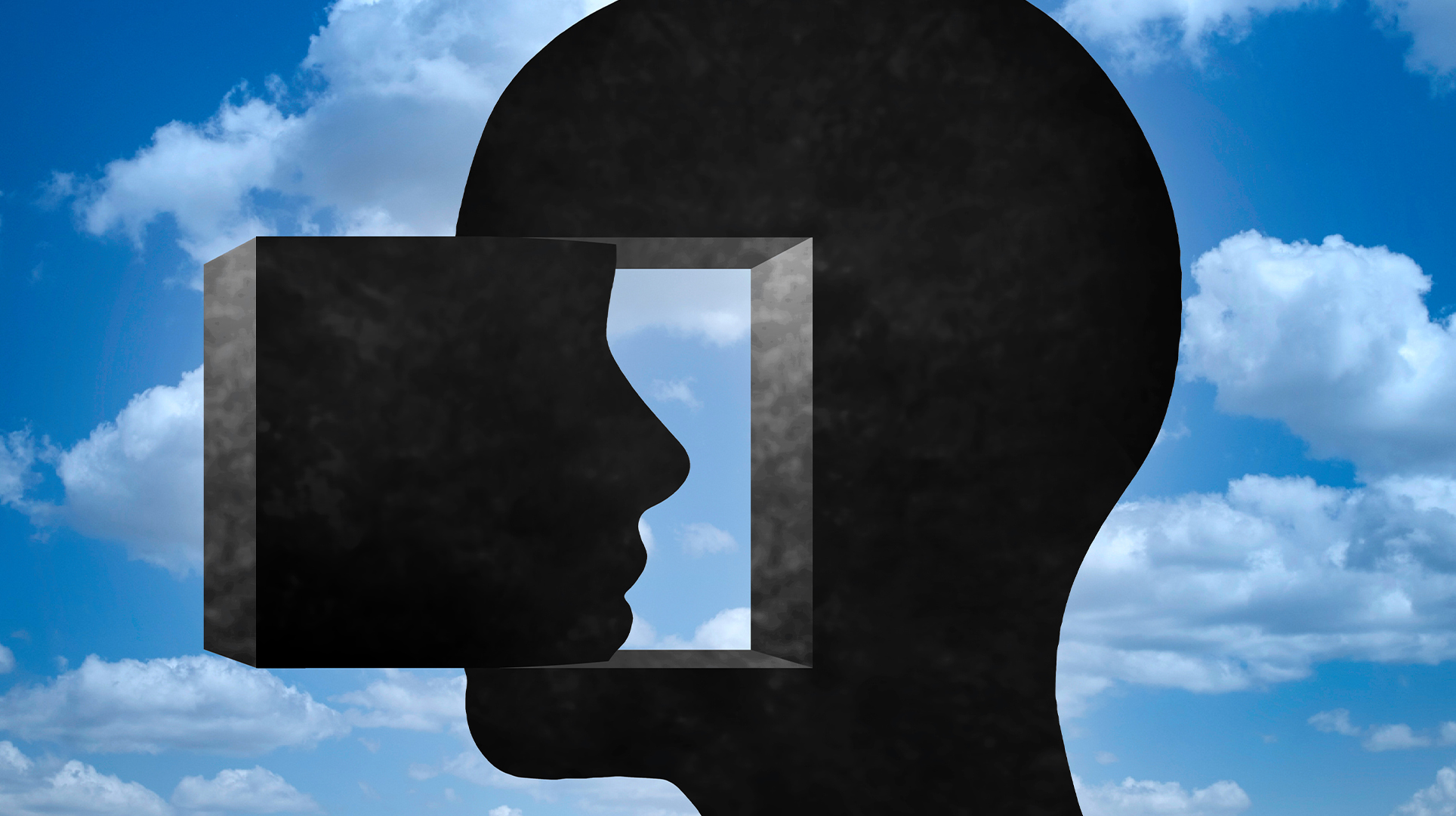Telos vs. The Oppressors

Telos vs. The Oppressors
“Life’s not fair.”
This was one of my dad’s favorite sayings to me growing up. Whenever I complained about a perceived inequity in my life, they would hit me with this phrase to end the conversation.
If we accept the unfairness of life as a reality, the question then becomes, what do we do about it?
There are generally two responses - we can try to change ourselves and our circumstances, or we can try to fix/change the “systems” of inequity.
Both of these seem like worthwhile pursuits. However, the order in which we prioritize them makes ALL of the difference.
It determines what we choose as our Telos. Internal vs external.
What is Telos?
Telos is what we believe to be the ultimate objective or destiny of ourselves and humanity.
Thankfully, God has given us extremely clear directions for our Telos through the Plan of Salvation, i.e., the ability to grow, learn, repent, and become more like the Savior and be exalted.
This is an INTERNAL pursuit that magnifies the direct relationship we have with our Heavenly Father and His Son, Jesus Christ. This objective lies at the heart of the Plan of Salvation and is an infinitely higher value than the problem "out there."
Our “telos” is God’s purpose. Remember, “This is my work and my glory, to bring to pass the immortality and eternal life of man.”
For the Religion of Academia, this is replaced with something like, “This is my work and my glory, to bring to pass the emancipation and liberation of man from the oppressors.” This is what Critical Social Justice teaches. This perspective shows us very succinctly how it would not only change the meaning of our lives but change God Himself.
Still, the unfairness and injustice created by fallen people and a fallen world persists. As King Benjamin would say, “The natural man is an enemy to God.”
The question is, what is the context of such adversity? Lehi teaches us that “it must needs be that there is opposition in all things.” Otherwise, nothing could be brought to pass.

In the same way, Critical Social Justice seeks to invert the two great commandments and elevate “love” for others as the most important virtue. It also seeks to do the same with how we react to injustice.
It places the primary problem and objective of our existence (our telos) on changing what’s “out there” instead of within ourselves.
This is also where the sleight of hand comes in. You can never truly fix the problems, for there will always be another one. There will always be a new frontier of “injustices” oppressing humanity more than ever.
And when there are ALWAYS systems of oppression to tear down, who has time to focus on oneself?
Now, make no mistake, there is oppression. There are injustices. To deny that is to deny reality.
However, Critical Social Justice teaches that the primary focus is "justice" over your own agency.
We can think about it this way: we are all fallen beings. However, does this make the primary purpose of the Plan of Salvation to deflect from my own agency and personal responsibility as a fallen man or woman and convert my purpose to blaming other fallen men and women and their agency?
Additionally, the “justice” of today is NOT always justice. It is often vengeance built out of resentment..
Vengeance, even against dead people who perpetuated terrible acts against other dead people. It’s not about doing what’s best moving forward. It's about punishment.
If the adversary can keep us distracted with others' faults and choices, then it can keep us from taking control of our own agency.
Our own lives.
What need do I have for introspection, faith, repentance, and spiritual growth if I can see the world through a lens of blame assigned to others? If I can be "antiracist" and fight for "justice," I am placing the problem of fallen man off of my own shoulders while attempting to feel moral by changing, fixing, and even compelling others.
This is the difference between personal responsibility and blaming others. Blaming others is a way of deflecting responsibility and placing the blame on someone else. It's a form of victim mentality that keeps us from taking control of our lives and making positive changes.
Christ cut through this ideology in an unmistakable way when He gave his parable of the beam and mote.
First, we must remove our own beams. Then, and ONLY then, can we clearly see the motes (or beams) of others for what they truly are and help remove them in a charitable and Christlike way.
Learn more about Telos vs. The Oppressors HERE
Best,
Greg Matsen





